Top 10 Creative Ways to Research Your Family’s History
History is a diverse fabric of facts, legends, images, statistics, personal stories, and physical relics just waiting to be discovered. DNA tests and DIY ... read more...family trees have transformed this once-scholarly discipline into a pleasant and addictive hobby for anybody curious about their ancestors. However, there are plenty of additional ways to learn about your family history. Let's find out the Creative Ways to Research Your Family’s History below!
-
Top DNA tests are one of the quickest and easiest ways to learn about your ancestors. The DNA test examines DNA information from two or more individuals' chromosomes to identify genetic relationships and, as a result, blood relationships. In recent years, consumer-level DNA testing has gained in popularity for a variety of reasons, including health concerns, inheritance challenges, and parenting disagreements. Companies like MyHeritage and Ancestry.com provide low-cost test kits that can uncover everything from ancient forebears to living relations. And, as DNA testing technology progresses, companies are introducing new capabilities that can follow your old family's migratory journeys or predict whether you'll go grey or not based on hereditary tendencies.
Many tests can tell you about your ancestors' ethnicity, which can help you with your family history research. On both sides, you may acquire information on your family's likely migratory trajectories. Some platforms will even search for unidentified relatives who have taken a comparable DNA test.

via: Crushing Colonialism 
via: Crushing Colonialism -
Family trees are the most effective way to organize your findings and discover new connections between relatives. A family tree is a graphical representation of an individual's ancestors that demonstrates how links can be traced back to common ancestors. This diagram is often depicted as a tree structure, similar to an organizational chart, with one individual serving as the root. Creating your own family tree is a fantastic method to pass down the history of your ancestors to future generations. This will assist you in piecing together your lineage and locating your roots.
Your genealogy research should serve as the foundation for your family tree. Many genealogy research programs offer family tree builders, which allow you to quickly and easily generate a visual tree. Some even allow you to collaborate with others by sharing your whole family tree. The genealogy research tools are incredibly user-friendly, and your family tree can be viewed in a variety of formats. Individual profiles for individual family members can also be created, making it a fantastic tool for information collection.
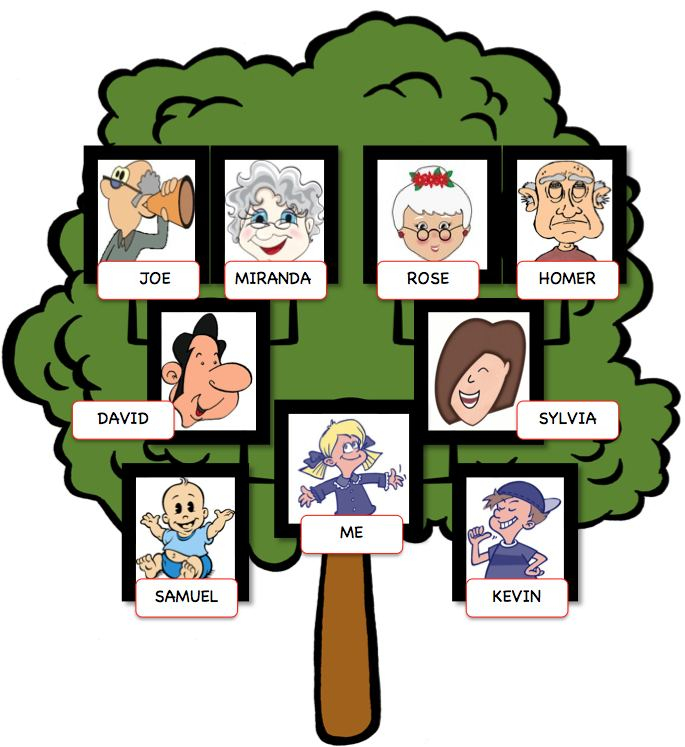
via: English Exercises 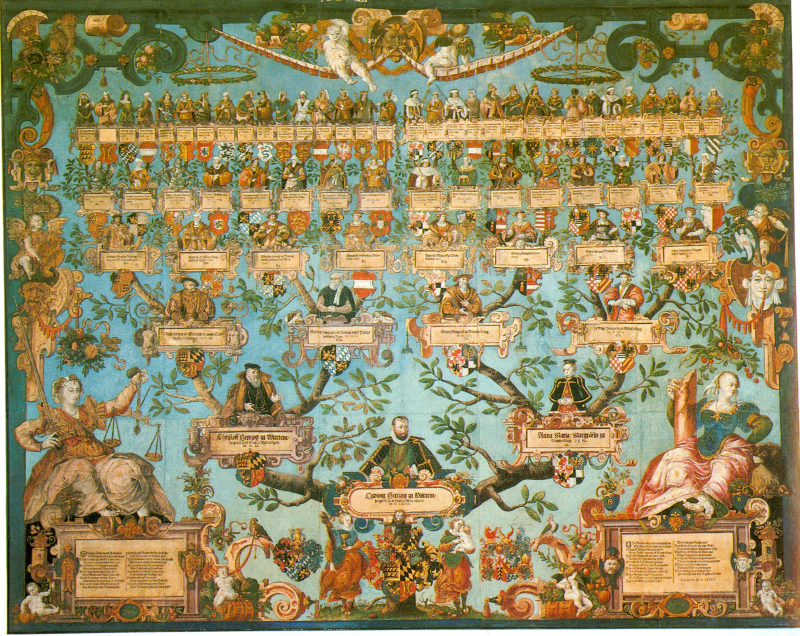
via: wikipedia -
If your interest in family history has been piqued but your tree is looking a little bare, a good next step is to join one of the many genealogy forums available online. You can ask a specific question about an ancestor or a product used in family history research in a genealogical forum. It is beneficial to post questions in the area related to a specific discussion, or community members can start a new discussion related to their query.
You must also learn the rules as a forum member. For example, some forums allow attachments while others do not, and advertising products or spamming forum users is not appropriate in a forum post. That is a sure way to get kicked off a forum. Respondents to posts may be professional genealogists or enthusiasts with extensive knowledge of the subject. Both RootsWeb and Ancestry.com have active message boards where you can acquire advice and information from fellow genealogists, both professional and amateur.
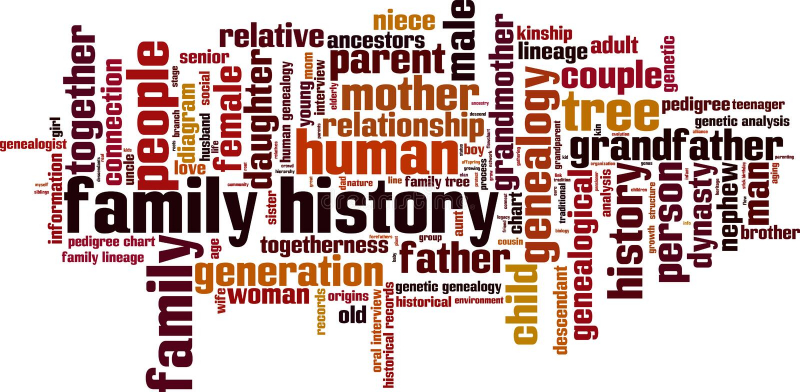
via: Dreamstime.com 
via: The Family History Guide -
Your surname contains information about your ancestors. Whether you have a common or unusual last name, learning the meaning of your last name can reveal new details about your ancestors. It's not only about what your name implies. It's about your forefathers' journeys and how they influenced who you are now. Your surname's genealogy entails more than merely searching up the meaning in a surnames list. Tracing your surname's roots might present you with new insights into your family history and perhaps yourself. After all, your name is a big part of who you are.
Your last name might reveal a lot about your family history in many circumstances. In certain societies, surnames were derived from a family's location of origin, occupation, or even disposition. The majority of people finally acquired patronymic names passed down from their dads. For example, the surname "Smith" typically suggests the occupation of a blacksmith or other comparable artisan. Names like "Dale" or "Wood" may reveal where your relatives came from, and names like "Goodman" may indicate how their peers considered them.
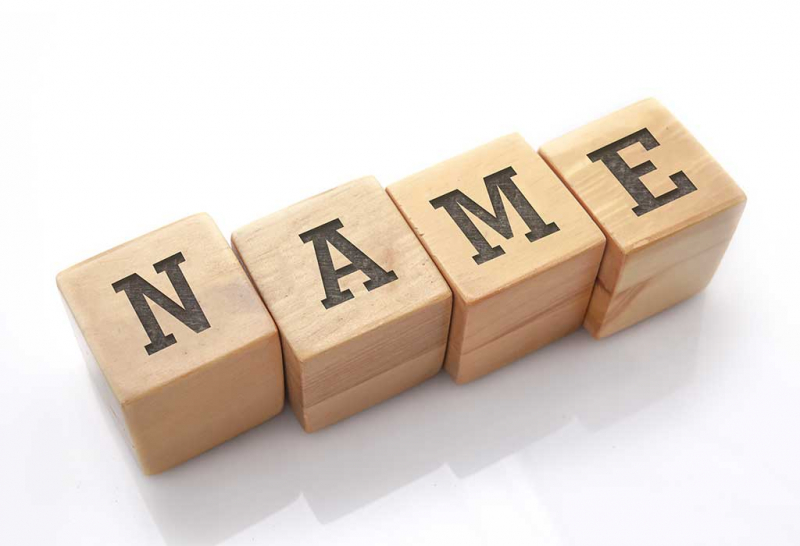
via: FirstCry Parenting 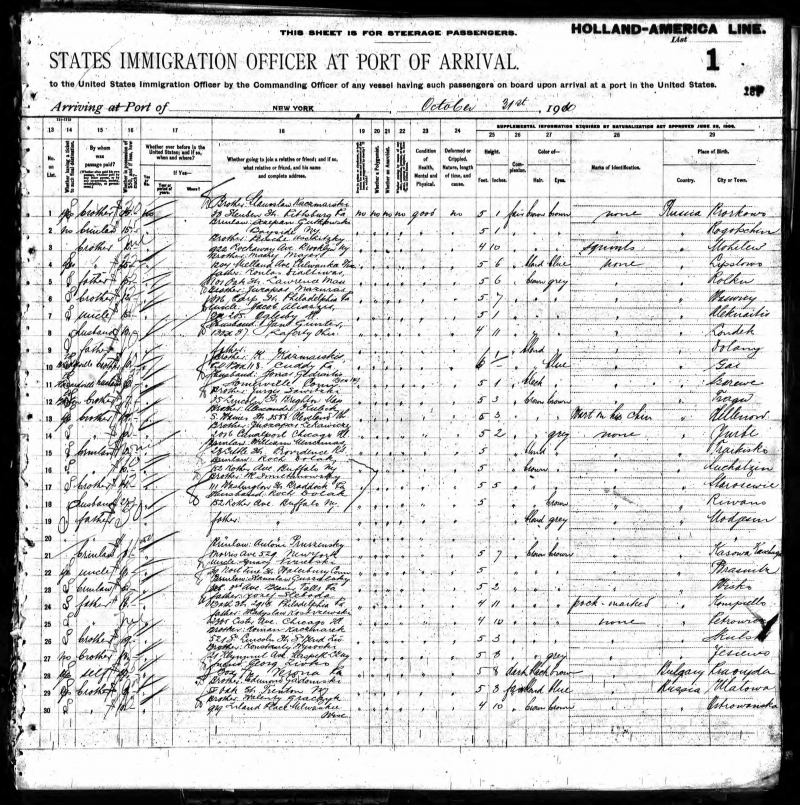
via: From Shepherds and Shoemakers -
Adults usually keep old items in their attics. When you check your attic, you can find antique letters, old newspapers covering historical events, various documents, books, and photographs, as well as odd pieces of furniture, artwork, and vintage clothing. They are very useful in many family history studies because they are part of the family and carry time and date traces.
Because there are so many genealogical websites and archives available online, it's easy to underestimate the importance of a good old-fashioned paper. Old letters, photo albums, yearbooks, and even prosaic documents like old receipts can provide a more intimate peek into your family's history than any website could. While obtaining these may necessitate some digging and organizing, the facts found in your family's own documents can tell a narrative that no one else can.

via: Cook and Becker 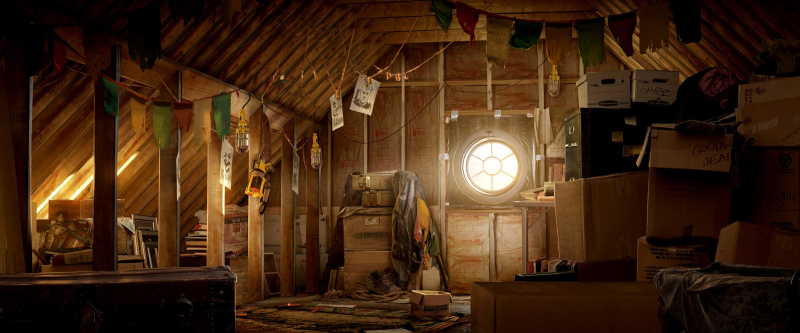
via: Cook and Becker -
Although it may appear to be an obvious step, speaking with older relatives about your family history is frequently beneficial. It's incredible how much an elderly aunt or uncle knows about long-buried family secrets. Begin by asking family members if they mind answering a few questions or discussing your ancestors. Use family gatherings to pick the brains of your grandparents, aunts, uncles, and others for family history information. They're likely to have stories and tidbits you've never heard before and will be eager to share them.
You should make an audio recording of your interactions with family for future reference. Take some notes on your cellphone or with a pen and paper, at the very least. It's vital to remember that the accuracy of dates, names, and events might vary. Take notes on the information you are given so that you can subsequently confirm the veracity of the details through records and extra investigation.

via: Griswold Home Care 
via: The Good Care Group -
Paleography is the study of ancient manuscripts, written forms, historical records, and other textual barriers that can impede deciphering the past. You may have struggled to decipher old letters and handwritten documents as a genealogist and even done some online indexing without realizing what you were doing was classified as paleography. Paleography research goes much further back in time than most genealogical research.
In practice, taking a Paleography course can assist you in making sense of materials from the past. You might be able to decipher any surviving information about your ancestors. From there, you learn more about your family history. Furthermore, while you don't need to become an expert in paleography, an introductory class or book could help guide you through uncharted waters once your search takes you to other countries, eras, and languages.
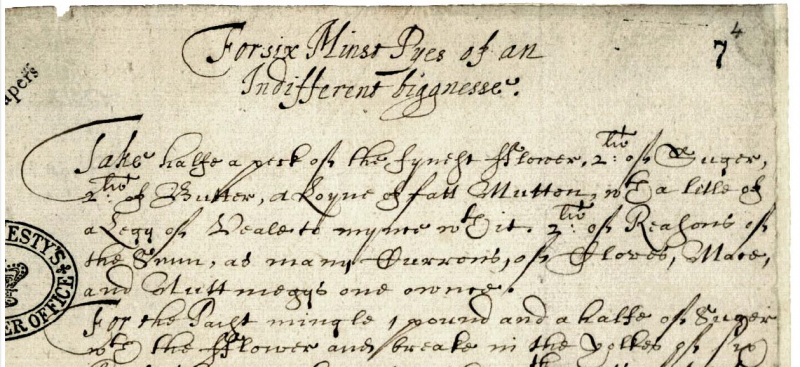
via: the many-headed monster 
via: UNM Institute for Medieval Studies - The University of New Mexico -
Some things simply cannot be learned from an old document. If you have the time and resources, a trip to the village, town, or city from which your family originated can provide fascinating insights that cannot be replicated on a computer screen. For example, smaller libraries may have almanacs, town censures, and other arcane documents that aren't available online. Even if you don't find any physical treasures, walking down the same streets your family did can bring them to life in a way that, while not tangible, is far more rewarding.
You'll need to double-check the ancestor's hometown's exact location against maps from that era and today. Travel visas may be required to visit some countries, which you should check with the embassy of the country before leaving on your trip. If you have ancestors who immigrated to other countries, you may be able to find a group of people from your heritage in your town or city. This organization may have its own records or may be able to assist you with major points of emigration from the country of origin.

via: Helena Daily English 
via: Dreamstime.com -
Some people regard mediums and past-life psychics as legitimate sources for revealing details and dimensions of your lives that you are unaware of. Psychic predictions help you make sound decisions. Reliable psychic readers can provide readings with high accuracy. At a low cost, you can solve complex problems and see your life in a new light. You can tell your psychic reader about past and current events in your life, and he will offer a solution based on your information.
Whether you’re a believer, curious, or simply looking for a break from the tedium of searching immigration records, consulting a top online psychic or medium can give you some good fodder to think about as you return to your usual scientific methods. There are a lot of online psychic websites to help you. The website is easy to use, as you can filter your search for psychics by topics, specialization, reading style, and skills.

via: Pinterest 
via: Tampa Bay Times -
Although genealogy is concerned with the past, history is a continuous process, and whether you realize it or not, you are a part of the genealogical past of your own children, their children, and all future generations who will bear your name or DNA. Everything you find will be of interest to your descendants, so keep them in mind as you collect and record your findings. This is also true for future generations.
You must attempt to organize everything you discover, make it accessible to them, and include as many of your own stories, anecdotes, and personal tidbits as possible. You must try your hardest to compile all of the information into a book or a website. Your descendants will be more likely to engage with your own genealogical efforts and build on them to create an ever-expanding portrait of your family through time if you do it this way.

via: Language Link Academic 
via: Doanh Nhân Sài Gòn































